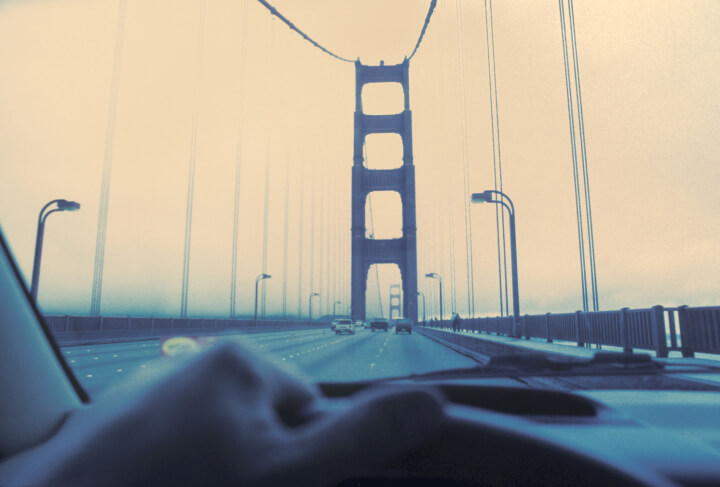
Stopped for DUI in California: 6 Things to Know
California has some of the toughest laws in the country when it comes to DWI, with young drivers the target of many restrictions. For example, drivers under the age of 21 cannot carry liquor, beer or wine in a vehicle unless they are with an adult. The penalty is a license suspension of up to 1 year and a fine of up to $1,000. In addition, that vehicle will be impounded for 30 days. Also, there is no acceptable blood alcohol content (BAC) for young drivers. A driver under the age of 21 who registers even .01 BAC has violated state law.
Here are six things you should know if you are stopped for a DWI in California.
1. Implied consent and sobriety testing
California has an Implied Consent Law that is a trade-off of sorts for drivers. If you have a driver’s license in the state, the price of that privilege is the implied consent to a chemical test – generally analyzing blood or urine – if a law enforcement officer has probable cause to suspect you are driving under the influence. California DUI attorneys agree that this law does not extend to a field sobriety test and advise all drivers to understand their rights if they are ever stopped for DUI. Refusing a field sobriety test is perfectly legal, and in fact, because of questions that some lawyers have about the accuracy and fairness of the machines, a smart decision.
2. Refusing the chemical test
A driver stopped for suspicion of DWI is under arrest once a police officer requests that the driver submit to a chemical test. Refusing the test is possible, but it comes with significant consequences. The driver will immediately have his or her vehicle impounded and driver’s license suspended for up to 1 year – longer if there has been a previous chemical test refusal. That’s in addition to the potential sentence if convicted of DWI. On top of that, prosecutors commonly are able to convict drivers of DWI even without the results of a chemical test, according to DWI attorneys.
3. Assume you are on camera
More and more DWI stops – whether at checkpoints or on the road – are filmed by officers. That allows prosecutors to closely analyze the way you acted and talked during the stop. Fumbling to find your registration – something that may have occurred because you were nervous – can look like you were impaired. Attorneys who specialize in DWI cases say it’s best to say and do as little as possible. Be polite, but it is OK not to engage in conversation with an officer. You should, however, exit the car if the officer asks.
4. More than .08 to worry about
Drivers in California are assumed to be impaired if their blood alcohol concentration (BAC) is .08 or higher. But that is not the only blood alcohol level to be concerned about. If you have young drivers at home, it’s important they understand California has a zero tolerance for drinking and driving for those 21 and younger. There also is a different standard for commercial drivers – .04 BAC.
5. DUI penalties in California
What kind of penalties will you face if convicted of DWI in California? A first-offense conviction includes fines and penalties that range between $1,400 and $2,600; a driver’s license suspension of up 1 year, enrollment in a DUI education program and a minimum of 4 days – up to a maximum of 6 months – in jail. A second DWI conviction within 10 years triggers much higher penalties. A second-offense DWI includes fines and penalties between $1,800 and $2,800; a minimum of 10 days in jail up to a maximum of 1 year; a driver’s license suspension of up to 2 years and an ignition interlock system for your vehicle is mandatory. A felony DUI conviction includes higher fines and much longer sentences and is triggered if someone is seriously injured or a driver has a third DUI conviction within a 10-year period.
6. Total cost of a DUI in California
There are a number of costs as a result of a DWI conviction, including $685 or more to retrieve your impounded vehicle; $100 to have your driver’s license reinstated and an estimated $650 for DUI education classes. A criminal defense attorney could cost anywhere from $1,500 to $5,000 but the increase in insurance is the biggest cost for most people. DWI attorneys say drivers should expect to pay $10,000 to $15,000 a year for car insurance because of their DWI conviction.
The information contained above is for informational purposes only. If you need legal advice you should consult an attorney.